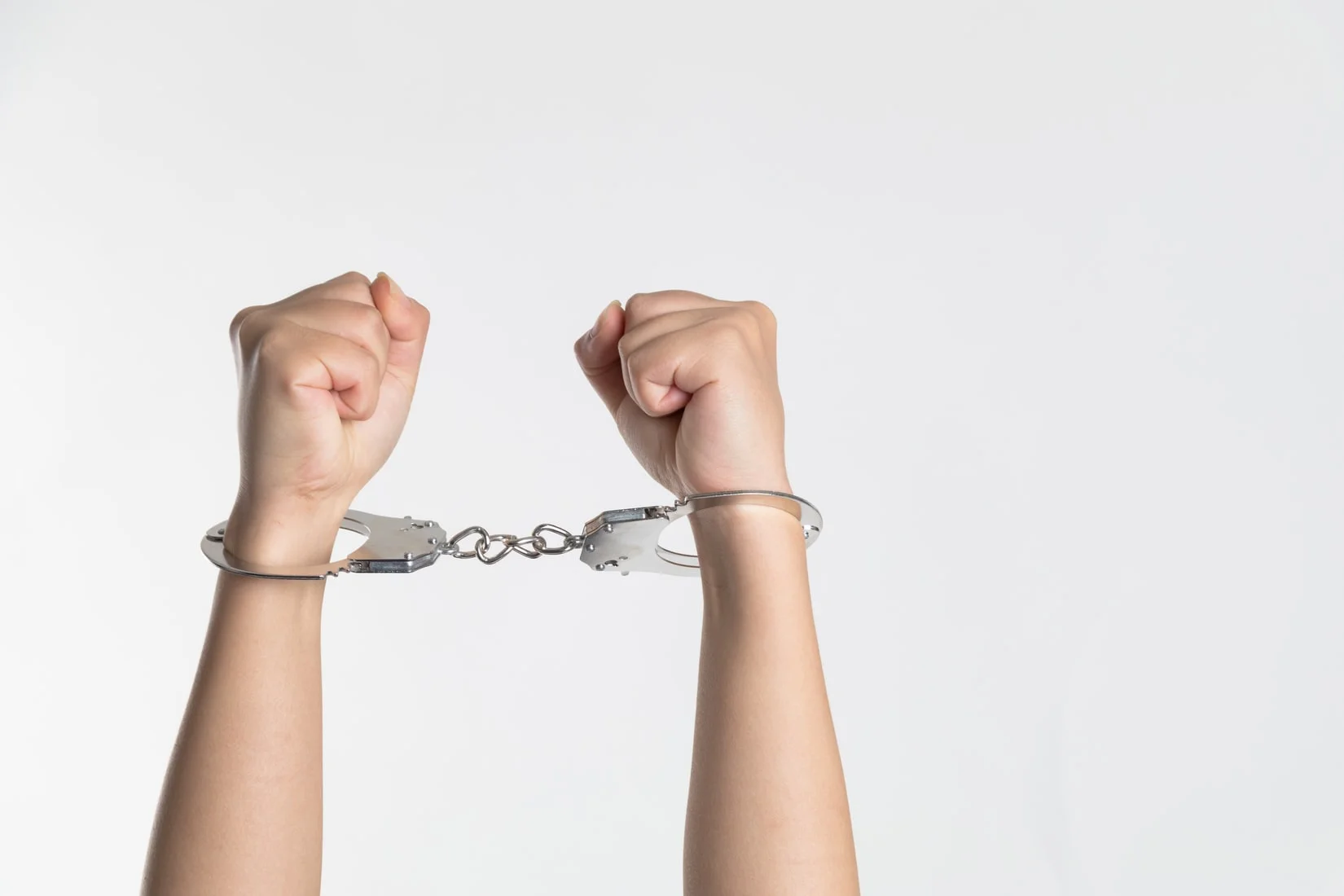Respite reflections
It’s been another while since I last wrote but this time, the gap has been conscious. I finally got to go to the local wellbeing house for two weeks recently and whilst there, made a considered decision to have a break from all things personality disorder (other than living with my own!).
I desperately needed some respite and took the fortnight out to focus on me and my own recovery. This was no mean feat considering I’m such a people pleaser and find saying ‘no’ incredibly hard as well as always trying my best to avoid the processing of my therapy sessions by keeping busy too.
Nevertheless, I did it and the results were amazing! Astonishingly the world kept turning even though I turned down several opportunities to take part in Expert by Experience activities and deliberately stayed away from follow up reading etc from all my personality disorder meetings and campaigning. What’s more, having time out allowed me to process some of the stuff that whirls round my head constantly, even though I wasn’t consciously thinking about it.
I left feeling far more relaxed and emotionally stable and just more accepting of the way things are. In fact, I would go as far as to say that it was the most positive thing I have done for my mental health that’s had an impact over such a short space of time.
On my final night there, another guest asked me why I had gone there; what was ‘wrong’ with me in effect. I replied that I have a personality disorder and the response I received was
“Really? Wow, well I couldn’t tell! Who told you you have that??!”
It’s not the first time that someone has said something along those lines but it really struck a chord this time as to how ‘personality disorder’ is seen amongst the general population. I have spent a lot of time lately focusing on the stigma of the diagnosis amongst professionals of one kind or another but this comment highlighted to me how those two words put together must form an image of a totally dysfunctional member of society for people who have no knowledge of the condition at all.
This revelation is far from new but has made me more aware of how others see me, and it’s not their fault. If you’re told someone’s personality is disordered, I think it’s a natural conclusion to come to that they are unable to conform to societal norms, and even to be a bit afraid- what might they do instead? Of course, those with personality disorders do struggle to conform to some norms - I react far more intensely and negatively to perceived abandonment than most people in society for example but this is unlikely to be the image that immediately springs to mind. Instead, it’s more likely to be that I can’t follow rules, the generally accepted moral code, or even the law and thus I am a danger. Naturally, this latter perception isn’t helped by the fact that there are so many people with personality disorder in forensic settings either.
It makes me wonder whether personality disorders would be better received if they were seen as being spectrum disorders, much like autism. After all, two individuals both diagnosed with Borderline Personality Disorder may only share one symptom of the nine set out as criteria when the required number for the label is five of those nine.
In a way, this is perhaps what the ICD-11 (International Classification of Diseases, version 11) is aiming for with its classification of personality disorders as mild, moderate or severe instead of separating them into the traditional subtypes. However, I’m not sure that I approve of this system either - would being classified as having ‘mild’ PD lead to exclusion from some services? And what about those classified as ‘severe’ - surely they would be stigmatised just as much as ever, perhaps even more so as people may see them as having no hope for recovery.
Anyway, enough rambling on that for now.
Now that I am back home from my respite stay I am trying to implement more of the self care that I managed there. It is harder to do in my usual environment for some reason but I will keep trying.
Currently I am on a three week break from therapy and my care coordinator is away too - August is never a particularly productive month. I was left feeling a little bereft when I discovered they were away at the same time but in a surprisingly proactive move, my psychiatrist offered me an appointment this week. I hadn’t seen him in almost 18 months so it was actually good to catch up and was a positive appointment. I left feeling like my care and treatment at the moment is truly a team effort and that all those involved do at least communicate.
Let’s just hope the positivity, stability and new found skills in relaxation of recent weeks continue...





